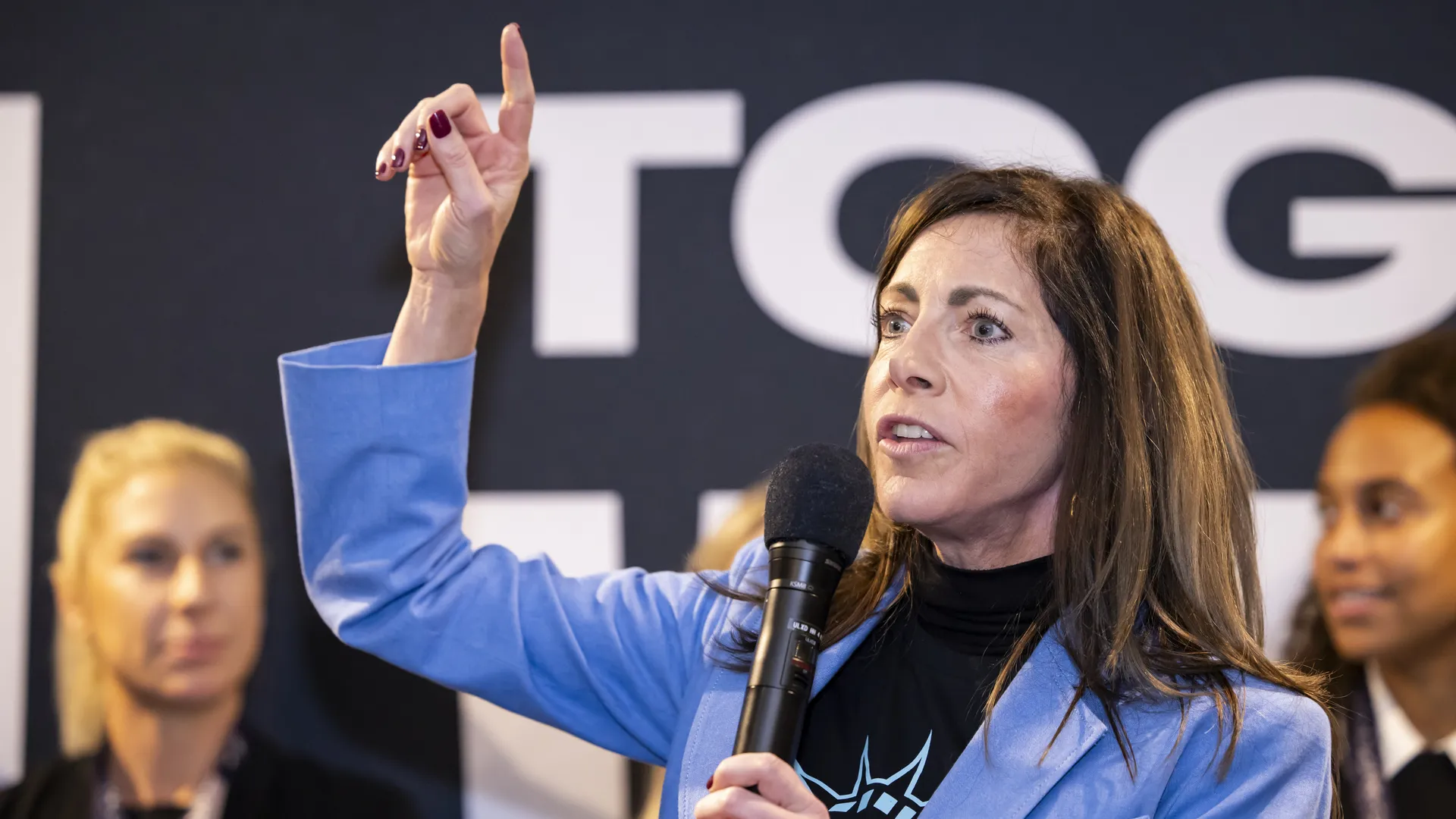Tammy Murphy’s decision to exit the U.S. Senate race, where she was challenging the three-time indicted Senator Robert Menendez, marks the end of a highly contentious standoff between her campaign and Andy Kim. This prolonged feud, commanding much attention in the political arena, unfortunately diverted focus from crucial matters impacting millions of struggling families nationwide.
The narrative of the contest pitted the Murphy Democratic Party establishment against Kim’s reform movement, highlighting concerns over nepotism in Murphy’s Senate bid. However, amidst this political theater, the dire circumstances faced by countless families, especially those with children, were overshadowed. The premature termination of various COVID-era social assistance programs under President Biden’s administration plunged many financially vulnerable households into turmoil.
With Tammy Murphy’s departure, the spotlight now shifts to a diverse field of candidates including Larry Hamm, Dr. Patricia Campos-Medina, and Patrick Merrill. This presents an opportunity to redirect the conversation towards addressing the systemic issues plaguing American families.

A significant blow to low-income families came with Senator Joe Manchin’s decision, backed by Senate Republicans, to terminate the Expanded Child Tax Credit. This initiative, albeit brief, substantially alleviated child poverty, but its cessation led to a rapid increase in the number of children living in poverty nationwide.
Moreover, conventional poverty metrics fail to capture the full extent of financial hardship experienced by many Americans, as highlighted by the ALICE (Asset Limited-Income Constrained & Employed) studies. In regions like Cumberland County, New Jersey, a combination of poverty and ALICE households constitutes a majority, indicating widespread economic struggle.
Despite the passage of state-level initiatives akin to the Expanded Child Tax Credit in states like New Jersey, the broader conversation on tackling poverty remains muted, both in the national discourse and in the New Jersey Democratic U.S. Senate primary.
The conclusion of the COVID emergency also brought about an end to crucial safety nets such as the Medicaid re-enrollment practice, resulting in millions losing healthcare coverage. This regression, coupled with the resurgence of evictions and foreclosures, underscores systemic failures in addressing societal needs.
The prevailing narrative of economic recovery fails to account for the lived experiences of everyday Americans, particularly those on the margins. As the nation navigates post-pandemic challenges, it is imperative to prioritize policies that uplift the most vulnerable and ensure equitable opportunities for all.
In the upcoming elections, let us refocus our attention on the pressing realities faced by all Americans and strive to implement solutions that truly address their needs, especially those striving to provide for their families amidst economic adversity.


